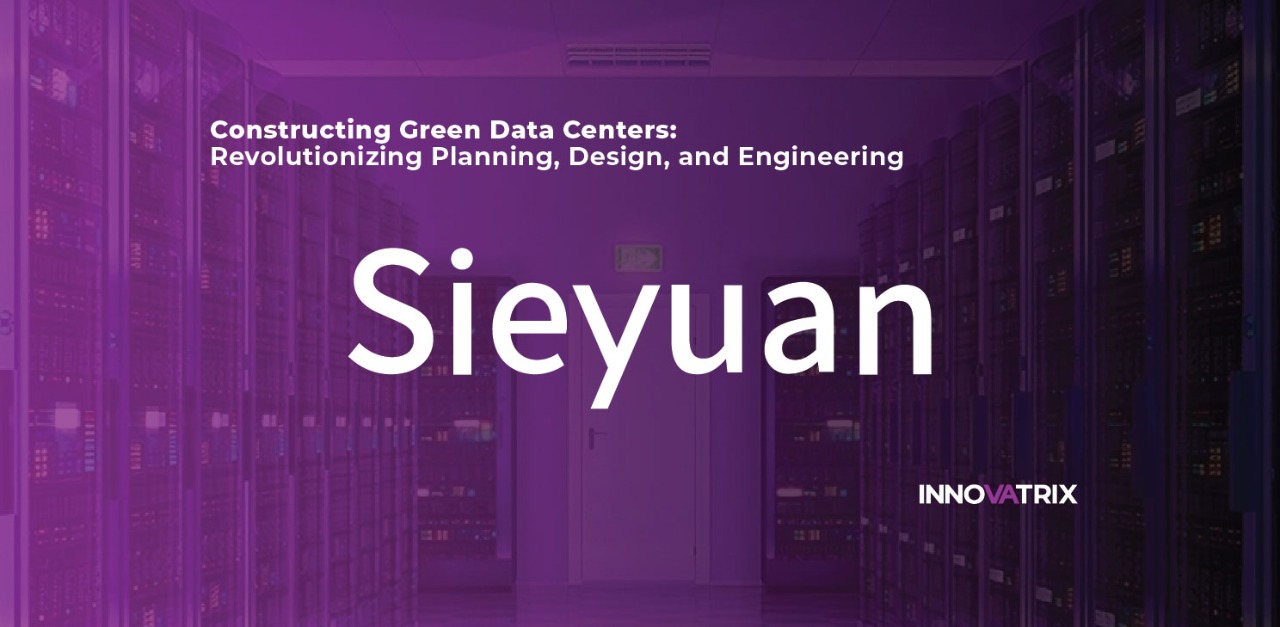Last month, the US Commerce Secretary requested comments from public to assess, among other things, whether tariffs on semiconductors are needed. As our colleagues at PCMag note, several big players in the industry responded—and as you might expect, the companies took a fairly dim view of tariffs on semiconductors.
Dell, Intel, and HP are among those who responded. TSMC also submitted a letter to the US Commerce Secretary, and its message is clear: Semiconductor tariffs could undermine TSMC’s planned “gigafab” cluster expansion in the US. With TSMC committed to a massive investment in manufacturing chips on American soil, much is at stake, including more than 40,000 construction jobs in the early part of the expansion, along with tens of thousands of high-tech jobs as more phases of the expansion come online. TSMC also touted its partnerships with colleges across the US to help citizens develop the skills needed to work those jobs.
“New import restrictions could jeopardize current US leadership in the competitive technology industry and create uncertainties for many committed semiconductor capital projects in the US, including TSMC Arizona’s significant investment plan in Phoenix,” TSMC wrote in its letter to the US Commerce Secretary. “It is important to note that cutting-edge semiconductors, such as those produced at TSMC Arizona, cannot function alone; they need to work in tandem with other semiconductor components, including varied legacy chips, to unleash their full power and functionality.”
TSMC goes on to explain that tariffs “or other restrictive measures” could affect the profitability and R&D capabilities of US companies, likely a nod to businesses like AMD and Nvidia. And that, in turn, could be a problem for completing the gigafab cluster.
“Lower market demand for our leading US customers’ products may consequently reduce demand for TSMC’s manufacturing capacity and service onshore,” TSMC wrote. Further in its letter, it added, “Diminished demand could create uncertainty around the timeline for the construction and operation of our Arizona fabs. It could also undermine TSMC’s financial capacity to timely execute its ambitious Arizona project. Therefore, we respectfully request that the Administration avoids imposing tariffs or other restrictive measures on semiconductors made outside of the United States.” Dell and HP sounded similar warnings. HP noted that it has “no alternative but to import semiconductors,” which could make its business vulnerable to tariffs.
China granted semiconductor companies a reprieve, at least for now. Whether the US will choose to apply semiconductor tariffs is still an open question. Numbers floated have been as high as 25%. If TSMC and other industry leaders can’t sway the US, they will have an uncertain road ahead.
To find out more about the latest industry updates and innovations in semiconductor plant construction, meet with solution providers and hear talks from expert speakers, attend the Innovatrix Constructing Semiconductor FAB Summit: Advances in Planning, Design and Engineering, taking place June 11-12, 2025 in Austin, Texas, USA.
For more information, click here or email us at info@innovatrix.eu for the event agenda. Visit our LinkedIn to stay up to date on our latest speaker announcements and event news.
Source:






